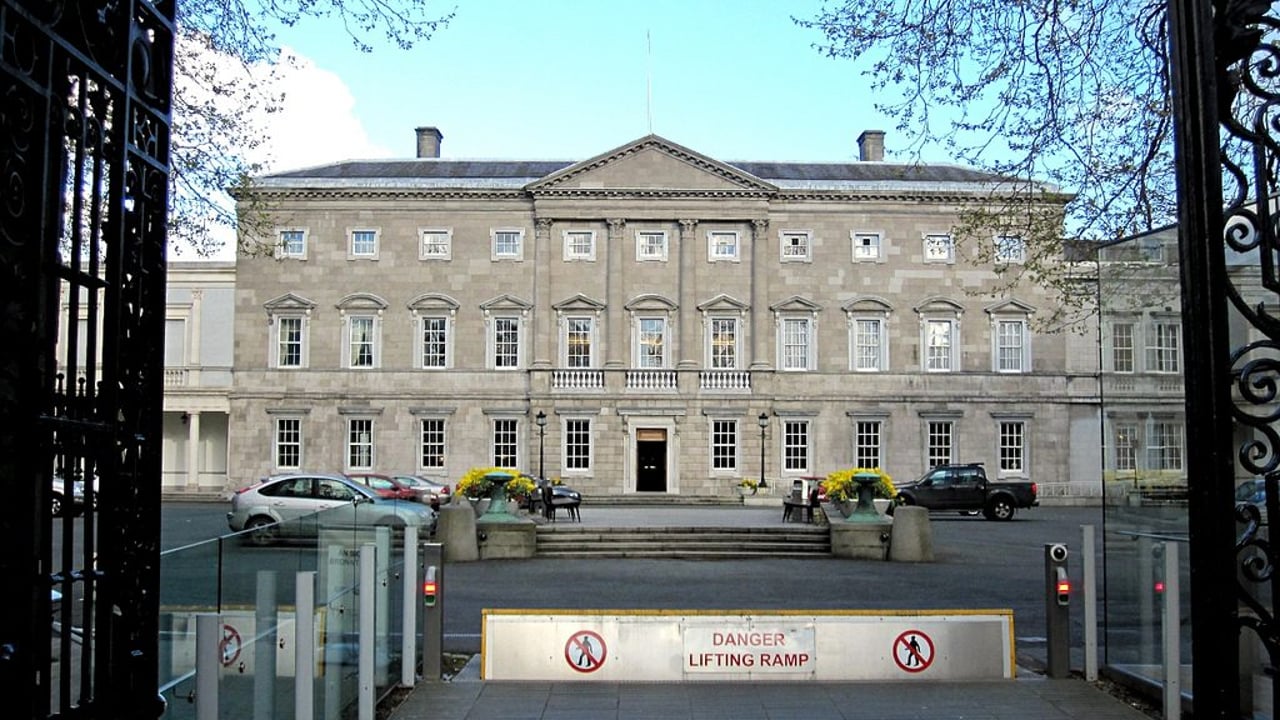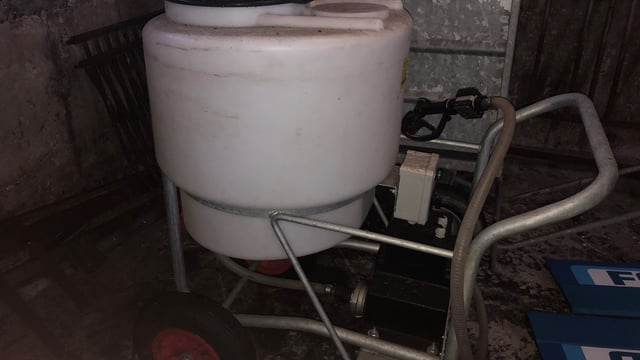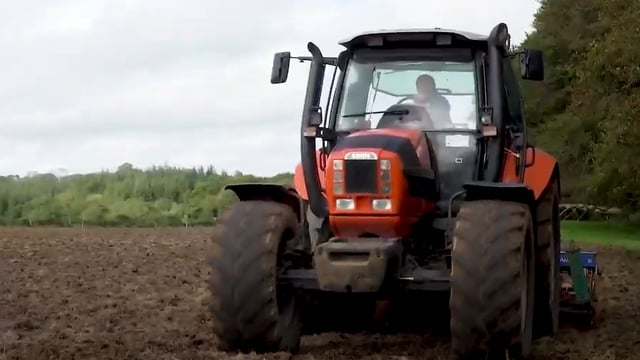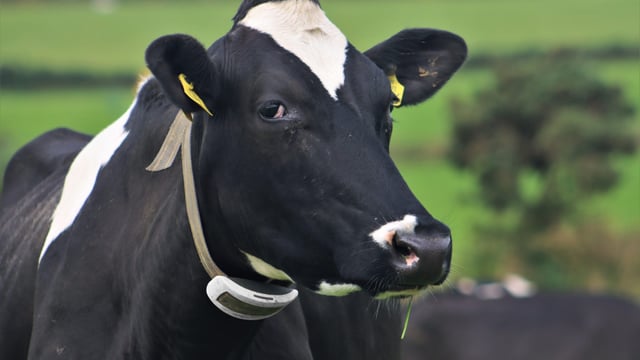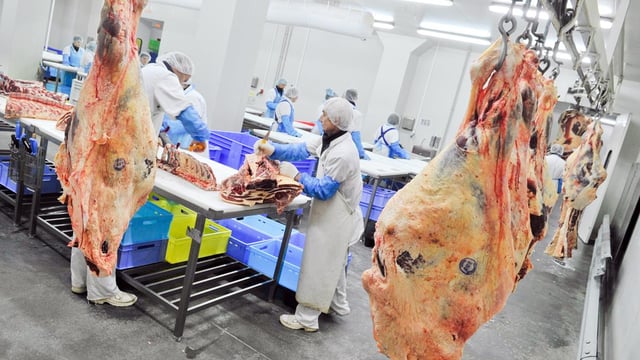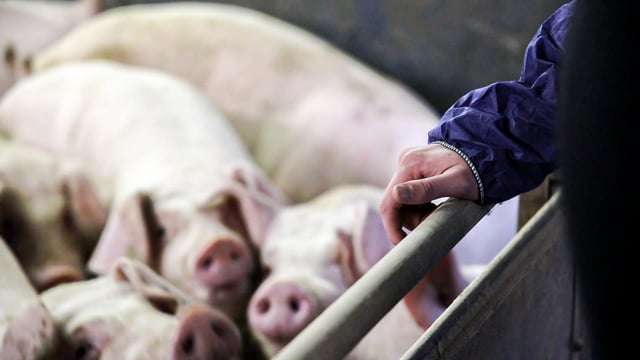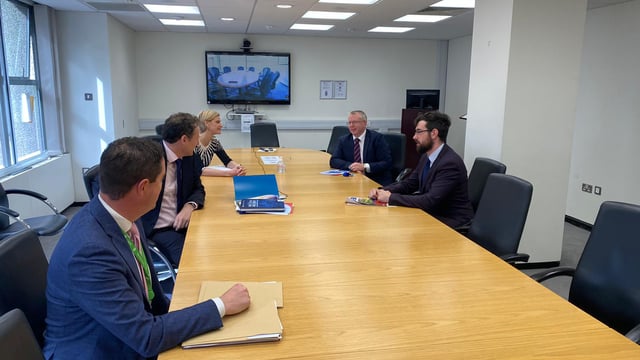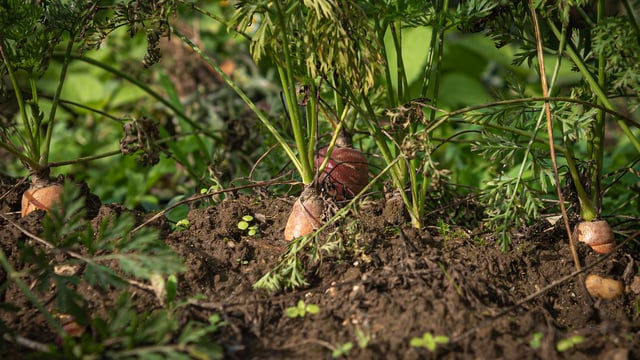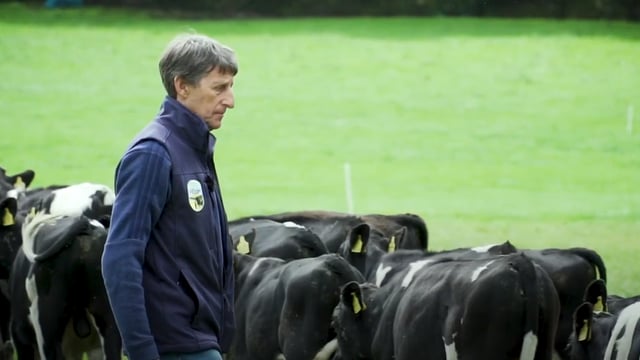Government outlines actions for agri-food sector in Brexit readiness plan
The government has outlined a number of actions it will take to prepare the agri-food sector for the end of the Brexit transition period at the end of this year.
The transition period set out in the Brexit withdrawal agreement is due to come to an end on December 31 this year. The EU and UK are currently engaged in (rather slow-moving) negotiations towards a free trade deal.
If there is no trade deal in place by the end of the year (which looks increasingly likely at the moment), then the EU and the UK will trade on World Trade Organization (WTO) rules, resulting in tariffs on Irish agri-food products entering the UK.
Having a trade deal in place will be the best possible outcome. However, even with a deal, there is going to be a lot of changes to how we trade with the UK.
Aiming to offset these changes, the government this week published its Brexit Readiness Action Plan, which outlines actions it will take across the economy, including in the agri-food sector.
Advice for businesses
As well as outlining action it will take itself, the government has also outlined advice for agri-food businesses.
These businesses are encouraged to review their supply chains and ensure they are prepared for the requirements for importing and exporting to Britain, including regulation, licencing and certification requirements.
As well as that, businesses should: review contracts and data management; manage cash-flows, currency and banking; and take advantage of available government supports.
Supply of veterinary medicine
Separate to all this, but still important, is the issue of veterinary medicine products (VMP).
After the transition, the UK will no longer participate in the EU system for the regulation of veterinary medicines; therefore, it is possible that a limited number of veterinary medicines currently manufactured, quality controlled or batch released in the UK may no longer be available for sale in Ireland.

